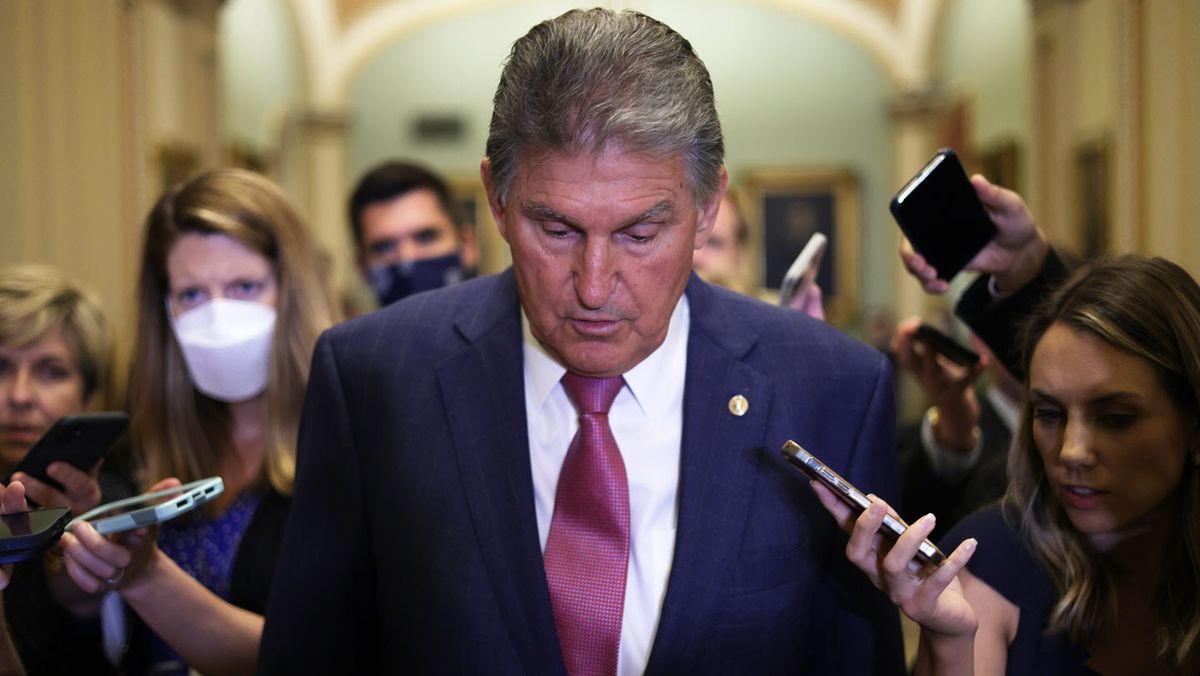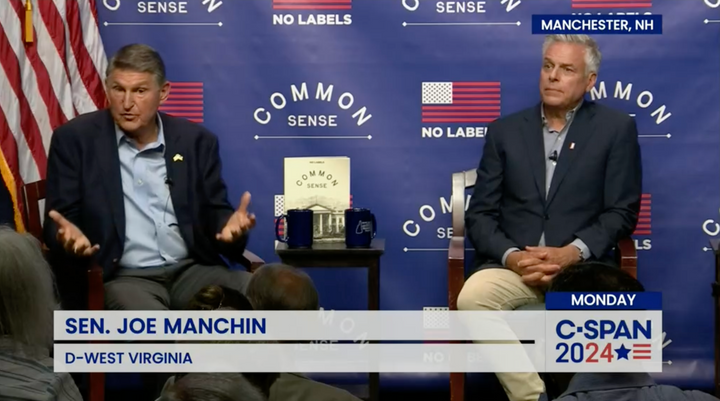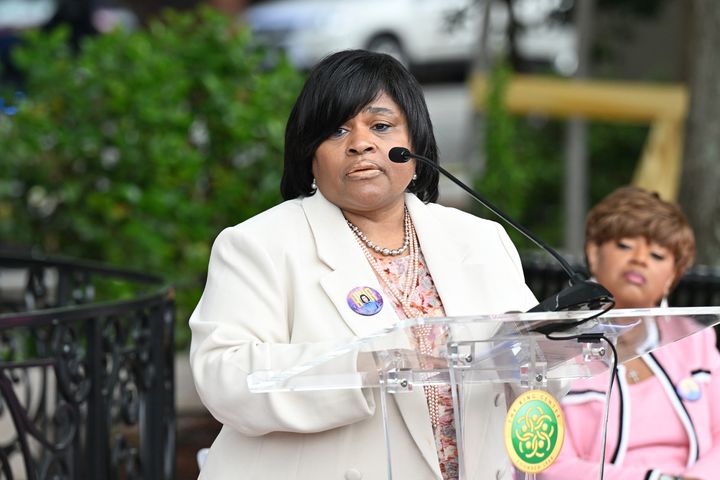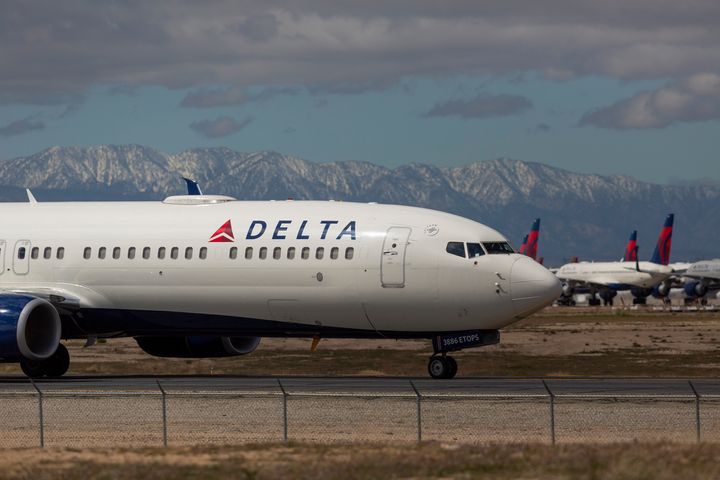How Manchin Capitalized on Being at the Center of the IRA Debate
The senator formed a new fundraising vehicle that lets him solicit larger contribution checks.

This summer, while he was negotiating with Democratic leaders over the Inflation Reduction Act and pushing his energy permitting bill, Sen. Joe Manchin (D-W.V.) set up a new committee allowing him to receive larger contribution checks. From July through the end of September, Manchin used this new fundraising vehicle to raise more than $300,000, much of it from individuals in the fossil fuel industry who stood to benefit from the bills.
Manchin formed the Manchin Leadership Fund on June 8 as a joint fundraising committee that would disburse funds to his campaign committee and leadership PAC. Joint fundraising committees don’t allow donors to give more money than they could otherwise by maxing out to the individual committees they are affiliated with, but they make it easier for a politician to solicit a single large check from donors.
The checks began coming into the fund in early July, according to a recent FEC filing, just weeks before Sen. Manchin made his surprise announcement that he had struck a deal with Majority Leader Chuck Schumer and would support a pared-back version of the Inflation Reduction Act (IRA).
Manchin’s deal with Schumer included new spending on climate mitigation programs while requiring the government to make millions of acres of federal land and waters available for new oil and gas leasing. The deal also included an agreement with House Speaker Pelosi and President Biden that they would separately pass Manchin’s legislation to accelerate the environmental permitting process for energy infrastructure projects like multi-state oil and gas pipelines and fossil fuel exporting terminals.
Many of the donations to Manchin Leadership Fund come from the energy industry in Colorado, including from the CEOs and lobbyists of Colorado-based oil drilling companies.
Democratic Colorado Sen. John Hickenlooper has been credited with pushing Manchin to cut the deal with Schumer, and he told Colorado Public Radio that he had encouraged corporate executives to contact Manchin and pressure him to get a deal done. During the summer, there were reports that Hickenlooper planned to host a fundraiser for Manchin at his Colorado home along with the nonprofit No Labels group, based on an invitation obtained by Colorado Public Radio, but Hickenlooper’s office denied the accuracy of those reports. Unlike many other Democrats, Hickenlooper said that he supported Manchin’s permitting bill.
Several of the big donors to Manchin Leadership fund are affiliated with Brownstein Hyatt Farber Schreck, a national lobbying firm that is headquartered in Denver, Colorado and has a major focus on representing clients in the energy sector. In Colorado, Brownstein’s lobbying clients include the Petroleum Development Corporation and oil and gas company Suncor Energy, while its federal clients in D.C. include the American Petroleum Institute, ExxonMobil, and hundreds more companies.
Brownstein senior policy director Michael Stratton donated $10,510 to Manchin Leadership Fund on August 31. Stratton is described on the Brownstein website as “a leading voice in the hierarchy of the Democratic Party” who played a central role in the election of Sen. Hickenlooper.
Stratton’s federal clients include Freeport LNG Development, the operator of a liquid natural gas exporting terminal in Freeport, Texas that is among the largest such facilities in the world. The permitting bill would have benefited Freeport LNG by accelerating pipeline construction and increasing its supply of natural gas to ship overseas.



